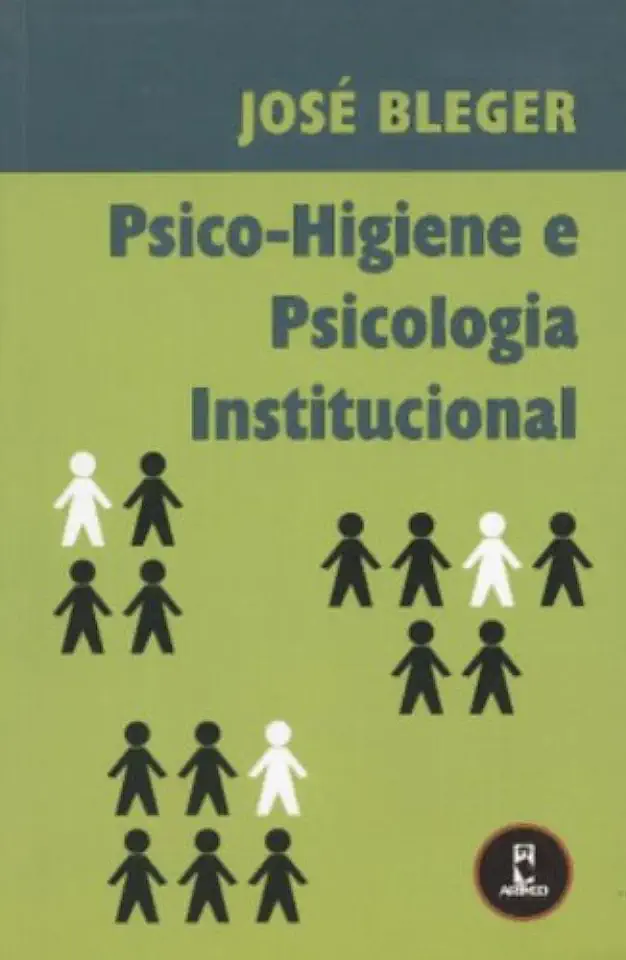
Psychohygiene and Institutional Psychology - José Bleger
Psychohygiene and Institutional Psychology: A Comprehensive Guide to Mental Health in Institutions
Introduction
In today's fast-paced and demanding world, mental health has become a paramount concern. Psychohygiene and Institutional Psychology, a seminal work by renowned psychoanalyst José Bleger, offers a comprehensive exploration of mental health within institutional settings. This book delves into the intricate relationship between individuals and their environment, shedding light on the factors that contribute to psychological well-being and the challenges that arise in institutional contexts.
Understanding Psychohygiene
Psychohygiene, a term coined by Bleger, refers to the proactive measures taken to maintain and enhance mental health. It encompasses a holistic approach that considers the interplay of psychological, social, and environmental factors. Bleger emphasizes the importance of preventive measures, asserting that it is more effective to prevent mental illness than to treat it after it has manifested.
Institutional Psychology: A Unique Perspective
Institutional psychology, as explored by Bleger, focuses on the psychological dynamics within institutions. He argues that institutions, whether they be hospitals, schools, prisons, or workplaces, have a profound impact on the mental health of their members. Bleger examines the power structures, communication patterns, and group dynamics that shape institutional life, highlighting both their potential for fostering well-being and their capacity to contribute to psychological distress.
Key Concepts and Theories
Bleger introduces several key concepts and theories that form the foundation of his work. These include:
The concept of the "institutional matrix": Bleger posits that institutions create a psychological matrix that influences the behavior and mental health of their members. This matrix encompasses the institution's values, norms, routines, and power dynamics.
The "group unconscious": Bleger draws on the concept of the unconscious mind, as developed by Sigmund Freud, to explore the collective unconscious that exists within institutions. He argues that this group unconscious shapes the institution's culture and influences the behavior of its members.
The "institutional neurosis": Bleger identifies the institutional neurosis as a collective defense mechanism that arises in response to the anxieties and conflicts inherent in institutional life. This neurosis can manifest in various forms, such as scapegoating, conformity, and resistance to change.
Applications and Implications
Psychohygiene and Institutional Psychology has far-reaching applications in various fields, including mental health, education, organizational psychology, and social work. Bleger's insights provide valuable guidance for creating mentally healthy environments and addressing the psychological challenges that arise in institutional settings.
Conclusion
Psychohygiene and Institutional Psychology is a must-read for anyone interested in mental health, institutional dynamics, and the interplay between individuals and their environment. José Bleger's groundbreaking work offers a wealth of knowledge and practical insights, making it an invaluable resource for professionals, researchers, and anyone seeking to promote mental well-being in institutional contexts.